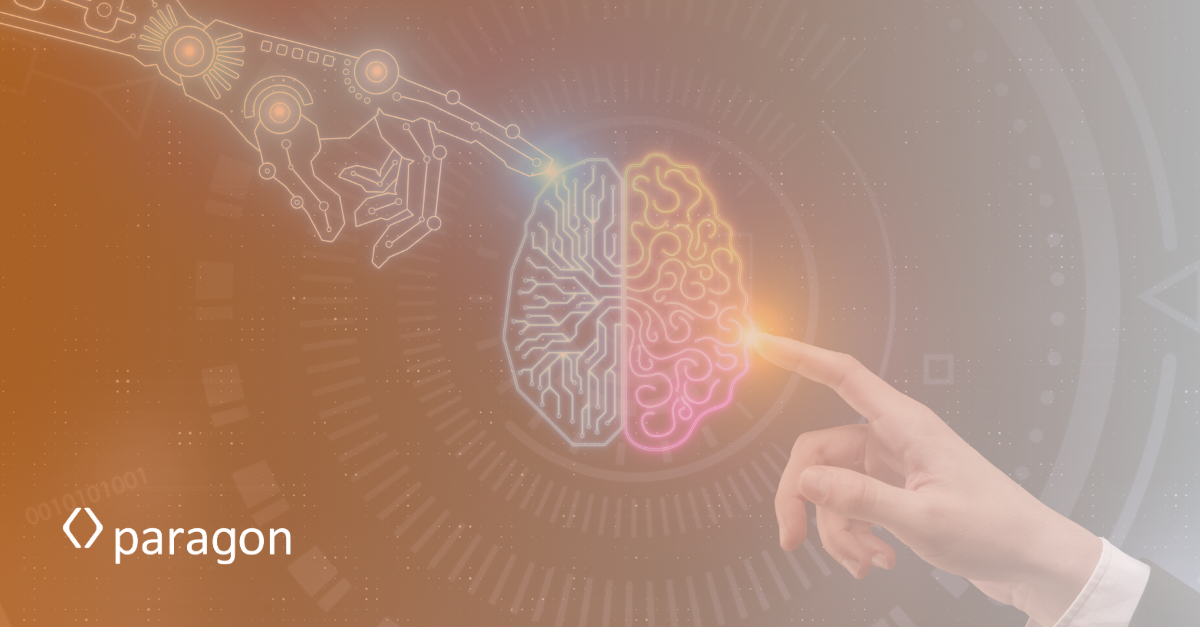The Future of Work: What I Think as a 16-Year-Old
The workplace is changing fast, and as someone who will be entering the job market in a few years, I think about it a lot. What kind of job will I have? Will AI take over before I even get a chance? Will I make enough money to sustain myself? These are the questions that keep me up at night.
In my case, I’ve long had an interest in journalism and writing. However, by the time I entered high school, this dream seemed farther out of reach than ever. My parents have always supported my dream, but they knew I had to stay realistic. “Journalism is dead,” my mother pragmatically informed me. “It’s going to be taken over by AI once you grow up.”
I’ve known this for years and witnessed it firsthand through my uncle, a writer for The Wall Street Journal, who was laid off from his position a few years ago. He ended up losing his apartment and now lives a nomadic lifestyle, traveling from place to place as a freelance journalist. “No one’s hiring journalists,” he responded when I asked why he couldn’t find another job. “They don’t need to pay employees to do the work an AI can do for free.”
When I get older, my goal isn’t to be a CEO or have an extremely high-profile career. I just want a good job in a company—something stable that pays well enough for me to live comfortably. I don’t want to struggle, and I don’t want to be stuck in a career that’s constantly at risk of disappearing.
AI is getting better every day, and it’s already replacing human workers in so many industries. But I also believe that the jobs that are truly meaningful—the ones that require human thought, emotion, and creativity—won’t be fully replaced. AI can generate articles, but it can’t feel. It can’t experience the world the way we humans do. Even if an AI can analyze thousands of articles about a community, it will never truly understand the essence of that community the way a human can.
Humanity thrives on storytelling, empathy, and understanding—elements that require emotional depth. AI can sift through facts, but it can’t live through the moments that shape a person’s perspective. It’s this unique combination of experience, emotion, and context that fuels meaningful, creative work—something AI can never replace. That’s why I think jobs that require real depth of thought will always exist. But that doesn’t mean they’ll be easy to get.
The constantly modernizing, digitizing world forces teens to grapple with uncertainty and redefine what “meaningful work” means in an AI-driven world. In a world that prioritizes efficiency and earnings above all else, how can anything we do seem meaningful in comparison to an AI that can perform the task ten times faster? The answer is simple—the one thing AI will never possess is human creativity.
But therein lies the paradox—creative careers become less lucrative and more difficult to pursue as the world modernizes. In the AI-dominated future that teenagers will inherit, creativity is the one thing that the world lacks; yet it’s the one avenue most teens are discouraged from pursuing.
If AI keeps advancing at this pace, people will have to adapt. I know that whatever job I end up in, I’ll probably have to keep learning new skills to stay relevant. That’s honestly exhausting to think about, but I’d rather be prepared than caught off guard.
I hope companies realize that young people aren’t just looking for a paycheck. We want stability. We want work that matters. And we want jobs that will still exist in ten years.
I don’t have all the answers, but these are the things I think about when I imagine my future career. If you’re reading this, I’d love to hear your thoughts—how do you see the future of work changing? What advice would you give to someone like me who’s just starting to figure it all out?



